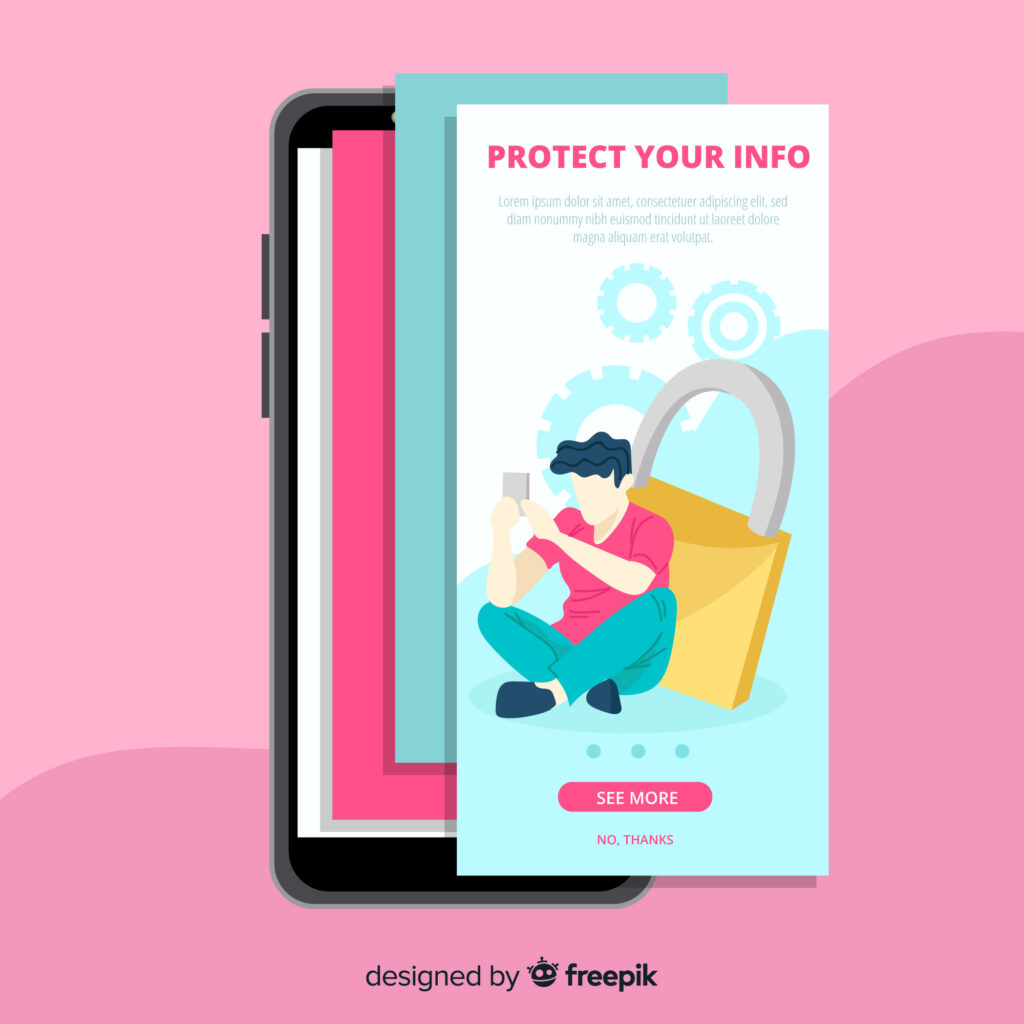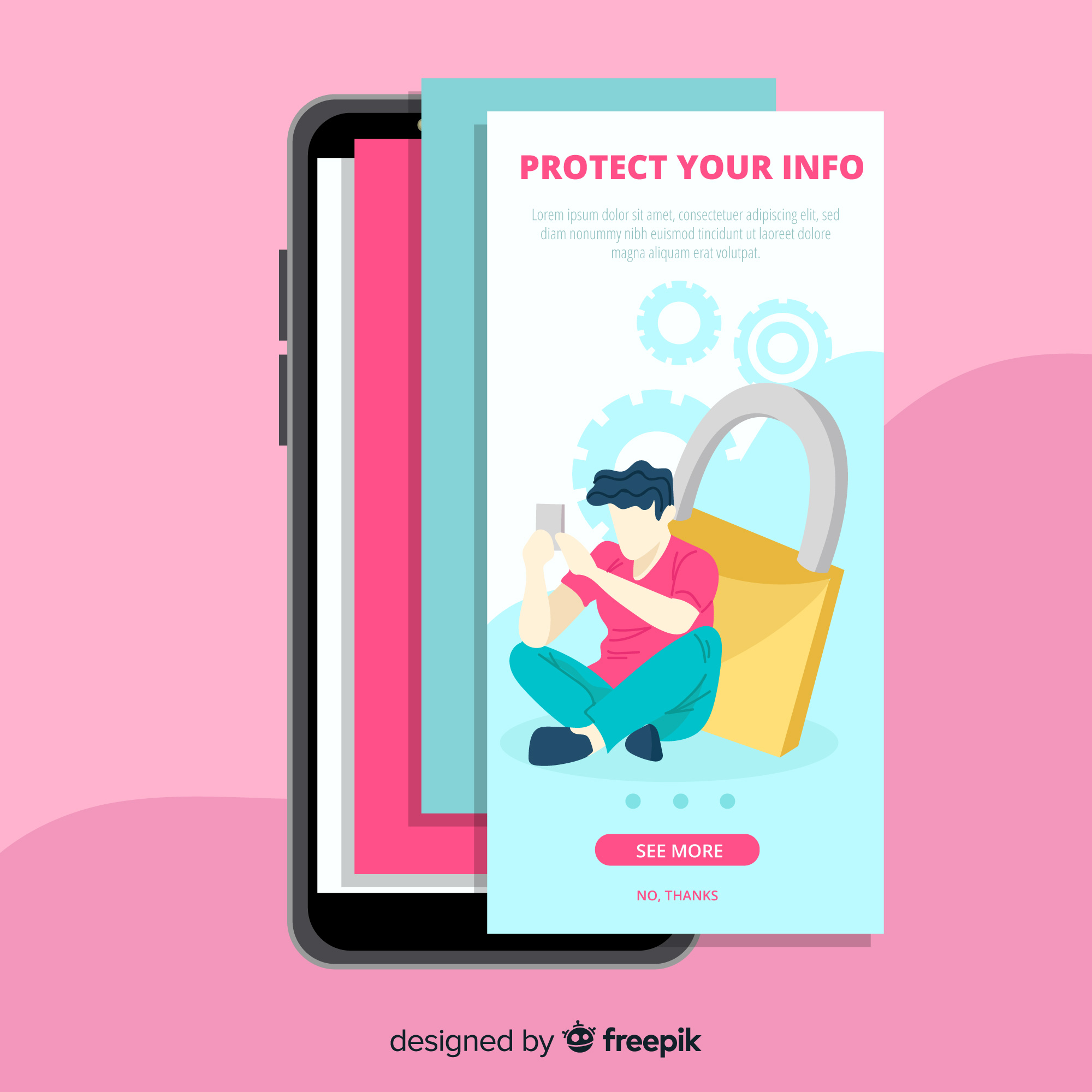In an era where digital privacy is a growing concern, Apple has emerged as a leader in prioritizing user data protection. The keyphrase “Privacy Priority” encapsulates Apple’s unwavering commitment to safeguarding personal information. This article delves into the multifaceted approach Apple takes to ensure user privacy, exploring the technologies, features, and policies that set the company apart in the realm of digital security.

End-to-End Encryption: Ensuring Data Confidentiality
At the heart of Apple’s Privacy Priority is the implementation of end-to-end encryption. This means that data transmitted between Apple devices, including iMessages, FaceTime calls, and iCloud backups, is securely encrypted to ensure that only the intended recipient can access it. Even Apple itself cannot decrypt this information, underscoring the company’s commitment to preserving user privacy.
App Store Vetting and Privacy Labels: A Guarded Ecosystem
Apple maintains a vigilant App Store review process, scrutinizing apps for functionality, content, and adherence to privacy guidelines. This meticulous vetting ensures that only reputable and secure apps are available to users. The addition of privacy labels on the App Store further empowers users by providing transparent insights into how apps handle their data, reinforcing Apple’s commitment to user awareness.
Location Privacy Controls: Empowering User Choices
Apple gives users granular control over location services, allowing them to decide when and how their location information is shared. Apps must request explicit permission before accessing location data, ensuring that users have the autonomy to choose whether to share their precise location or opt for a more generalized approach. This feature exemplifies Apple’s commitment to empowering users with privacy choices.
Intelligent Tracking Prevention (ITP): Curtailing Cross-Site Tracking
Safari, Apple’s web browser, incorporates Intelligent Tracking Prevention (ITP) to counter cross-site tracking. This feature obstructs advertisers from creating comprehensive profiles of users’ online activities across different websites. By curbing invasive tracking practices, ITP enhances user privacy during online browsing, demonstrating Apple’s proactive stance against data tracking.
App Tracking Transparency (ATT): User-Centric Data Control
With the introduction of iOS 14.5, Apple rolled out App Tracking Transparency (ATT), a feature that requires apps to seek user permission before tracking their activity across other apps and websites. This user-centric approach places control over data tracking directly in the hands of users, marking a significant step towards a more privacy-focused digital landscape.
Secure Sign-In with Apple ID: Anonymizing User Logins
Apple’s Sign-In with Apple ID offers a secure alternative to third-party login methods. Users can sign in to apps and websites without revealing personal information, and even generate random email addresses for app logins. This not only enhances security but also adds an extra layer of privacy by preventing the sharing of users’ real email addresses.
Differential Privacy: Balancing Data Improvement and Anonymity
Differential Privacy is a privacy-preserving technology employed by Apple to collect user data for improving services without compromising individual privacy. By adding noise to the data before analysis, Apple ensures that the data remains statistically difficult to trace back to a specific user. This approach exemplifies Apple’s commitment to data improvement while maintaining user anonymity.
Privacy Nutrition Labels on Apple Services: Transparency within the Ecosystem
Apple extends its commitment to transparency by introducing privacy nutrition labels for its own services. These labels offer users a comprehensive overview of the data collected by Apple’s apps and services, providing clear insights into how personal information is handled within the Apple ecosystem. This commitment to transparency reinforces Apple’s pledge to keep users informed about their data usage.
Face ID and Touch ID: Biometric Security with Privacy at the Core
Biometric authentication through Face ID and Touch ID not only enhances device security but also prioritizes user privacy. The biometric data used for these features is stored locally on the device and never leaves it, minimizing the risk of unauthorized access to sensitive biometric information. This decentralized approach aligns with Apple’s Privacy Priority.
Privacy Settings Dashboard: User-Centric Privacy Controls
Centralized within the Settings app, Apple provides users with a dedicated Privacy Dashboard. This comprehensive hub offers insights into how each app is accessing sensitive information such as location, camera, microphone, and more. Users can review and adjust privacy settings, ensuring they maintain control over their data across various apps and services. The Privacy Settings Dashboard empowers users to make informed decisions about their privacy preferences.
Conclusion:
“Privacy Priority” isn’t just a slogan for Apple; it’s a guiding principle that permeates every aspect of the user experience. From end-to-end encryption to transparent privacy labels, Apple’s commitment to safeguarding user data sets a gold standard in the tech industry. As digital landscapes evolve, Apple’s dedication to user privacy remains a beacon of assurance for users concerned about the security of their personal information.
In a world where data breaches and privacy concerns loom large, Apple’s Privacy Priority stands as a testament to the company’s belief that privacy is a fundamental human right. By embracing the security measures implemented by Apple, users can navigate the digital realm with confidence, knowing that their personal information is shielded by the fortified walls of Privacy Priority. As technology advances, Apple continues to set the benchmark for a privacy-focused future, where user empowerment and data protection go hand in hand.
Related Articles:
1. Apple says it prioritizes privacy. Experts say gaps remain
2. Apple builds on privacy commitment by unveiling new …
3. Apple’s Commitment to Customer Privacy




